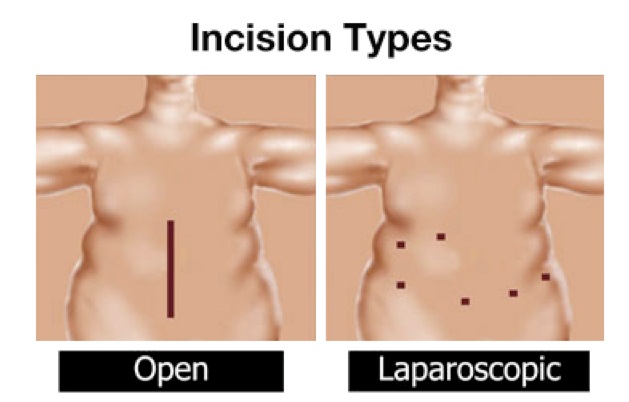Recently my good friend Anya was considering weight loss surgery. As a child, teenager and in her early twenties she was slim and happy about what she ate. Now, happily married with grown up children, she realises that, whilst setting up her own household and starting a family, she picked up some fat-forming habits like eating for two, not wasting food, clearing your plate and finishing things off. Her weight rocketed to 18 stone (252lb). All her efforts at dieting and weight control seemed to end in self sabotage because of her addiction to food.
Her doctors helped by taking ‘food’ out of the equation when they offered her a medically controlled liquid diet of shakes and soups. She was able to stick to the diet once she knew that she could forget about normal food. Her health was closely monitored and her weight came plummeting down. She came close to her target weight and gradually returned to eating normal food. But her pre-liquid diet problems had not been addressed and were still there. Once she was allowed to eat solid food, the accompanying problems were back; the constant hunger, the cravings, if no one else would eat something up, then she would have to. In a short time her weight went back to the original 18 stones.
Her doctors were worried. She had severe arthritis and a family history of diabetes and heart disease. They didn’t want to wait for her to battle with the psychological and emotional aspects of her situation. They wanted her to lose the weight now and keep it off. She had to consider weight loss surgery.
With her husband she carefully considered all the risks, concerns and the cost. Her decision was that she did not have time to wait for this treatment on the NHS. With the help of her general practitioner she was put in touch with a highly trained and experienced surgeon and his excellent team. It was important that the treatment she signed up for would include all the care she needed before, during and after the operation, and cover any eventuality.
In some countries such as the UK and the USA, public healthcare systems such as the NHS and Medicaid may cover the cost of weight loss surgery for medical, though not cosmetic, reasons.
In the UK the average cost of Gastric Bypass Surgery is approximately £11,000 and can range from £8,000 to £14,000 or more. Another popular type of weight loss surgery is the Gastric Band which is reversible. In the UK average cost for a Gastric band is approximately £6,000 and can range from £5,000 to £7,000 or more.
In the US the average cost of Gastric Bypass Surgery is approximately $26,000 ranging from $18,000 to $35,000 or more. The average cost for a Gastric Band in the US is approximately $24,000 with a range of $17,000 to $30,000 or more.
Do remember that all surgery carries risks. If you do take this drastic route, be like my friend Anya:
• Do your research
• Get good advice
• Talk with the medical staff involved
• Talk with people who have had the operation
• Make sure that any aftercare you may need is covered in the cost
• Consider the alternatives.
On this last important point of considering the alternatives; if the need for Anya’s weight control hadn’t been so urgent, she could have waited longer for a possible operation on the NHS or found the correct therapy to deal with the emotional and psychological aspects to her weight control.
So, what happened with Anya?
Her surgeon advised her that the best operation for her situation was a gastric band. She had the surgery this earlier this year. She had a post operative complication of catching an infection which was picked up and treated immediately.
After the operation she had a regime of clear dietary advice which she said, in her post-operative condition, would have been impossible not to follow.
Ania started with liquids, followed by nutritious pureed then soft foods. Now she eats small portions of normal food which satisfy her and she chews her food well. Because of the small upper stomach space, she never feels hungry. She knows that to stay healthy she must eat more frequent small nutritious meals. If she has any questions or problems, she contacts the dietician or the appropriate member of the medical team who attach great importance to this after care.
Today, Ania is losing weight according to plan. Hopefully she will not need surgery to remove excess skin, as this was not a problem when she recently lost a lot of weight. However, this will be a problem for some people and must be considered financially.
If you are interested in weight loss surgery, I would stress these two points:
1. Consider all the alternatives first.
2. Make sure that you research well, get good advice and get the best package for you.






